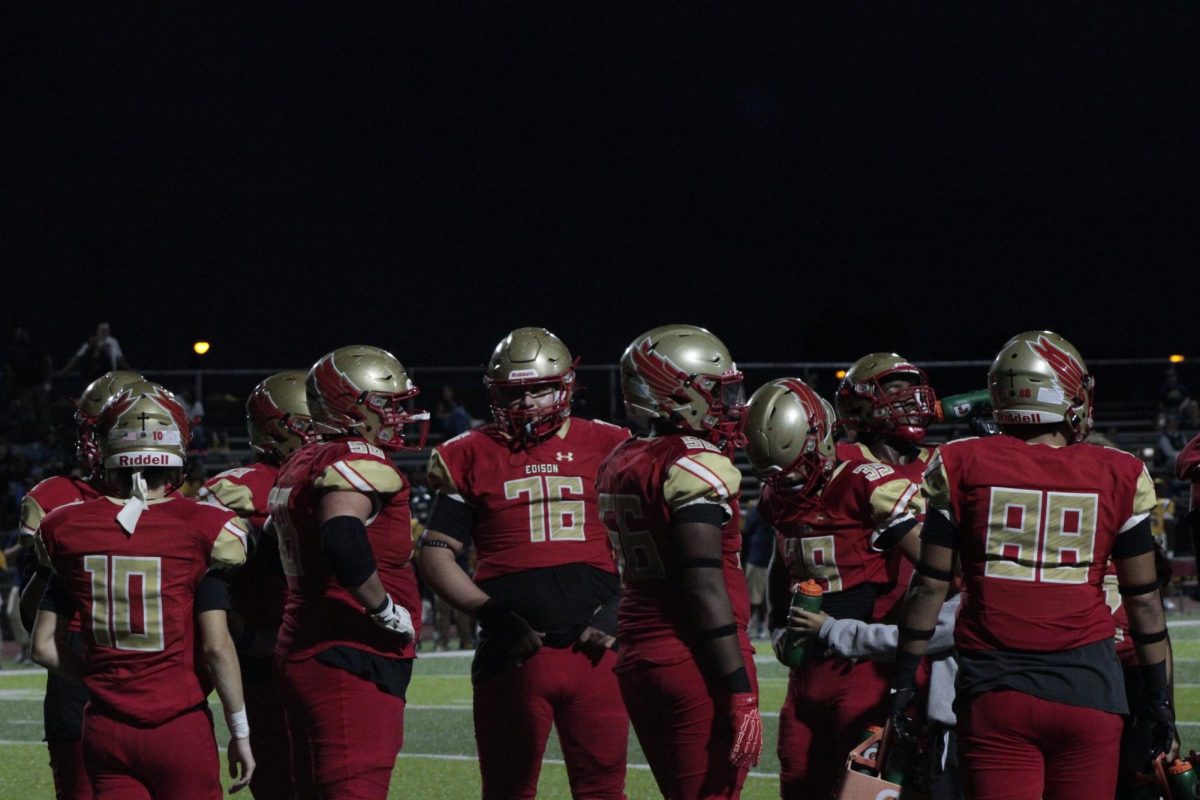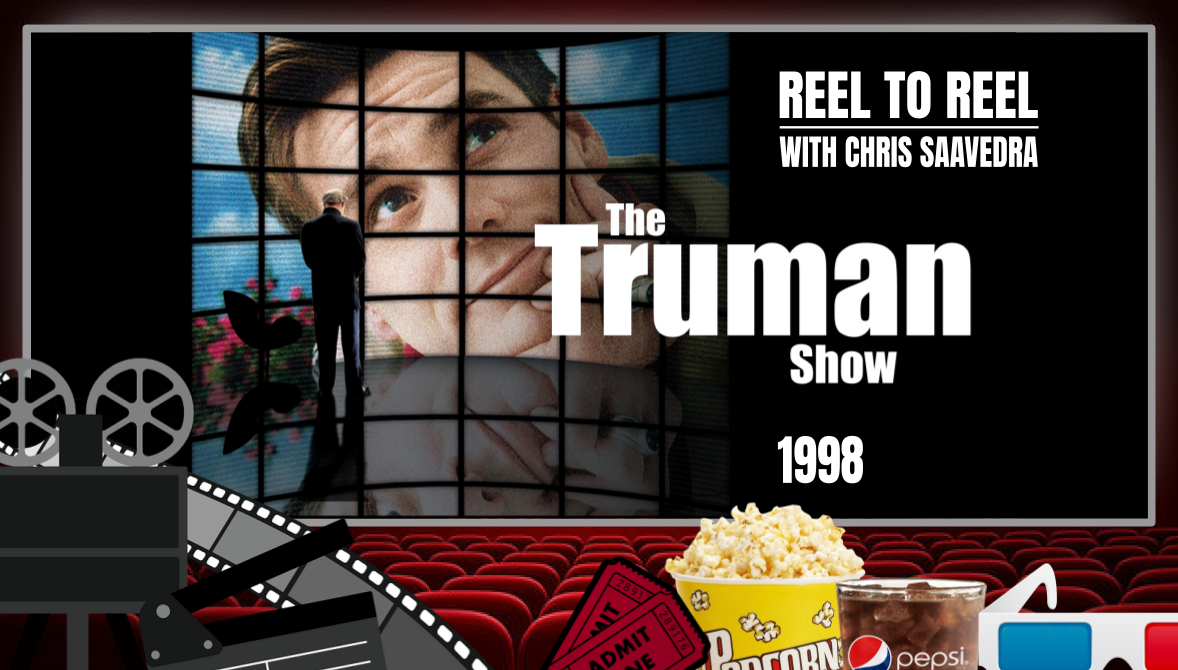We live in a time of unprecedented access to technology and machinery. With the internet, we have access to a world of information, entertainment, and gratification right at our fingertips, With this came the advent of social media and the rise of influencers on platforms like YouTube, Instagram, and TikTok, where they document their lives for millions across the world on our screens. It’s almost like a TV show: You are the actor, your phone is the stage, and the internet is your audience. But, what if your life was a TV show, and you didn’t know it? How would you see the world around you, and how would you view life itself?
This is the genesis of The Truman Show, where the lines of reality and fiction become blurred and intertwined. Directed by Peter Weir, The Truman Show was released in the summer of 1998 and stars Jim Carrey in a story of the entanglement between reality and entertainment, a topic of great importance and relevance in today’s world of cyberspace and online networks.
Truman Burbank’s entire life is a show, set on a massive, elaborate set. Every move he makes, every breath he makes, and every step he takes is broadcasted twenty hours and seven days a week as a reality show. His hometown is a large set, placed inside a massive dome populated by actors and crew members who influence Truman’s actions and decisions. He begins to develop feelings for Sylvia, an extra on the show. However, Sylvia is promptly fired from the production before she could reveal the dark truth to him. She becomes the head activist of the “Free Truman” movement, where the group aims to cancel the show and set Truman free.
Small subliminal messages and techniques condition Truman as the toy of the producers, bending his life for the entertainment of the show’s viewers. As he grows older, he begins to sense that his surroundings may not be what they seem. He sees strange things in his reality and questions if the “world” revolves around him. Thus, he sets forth on a quest to uncover the truth, a quest that leads to a powerful exploration of human anatomy, the nature of reality, and the manipulation of people’s lives for our amusement.
In the modern age, where social media, reality TV, and live streaming have become more mainstream, Truman’s crisis has only become more relatable. The film envisioned a world where our lives would be televised live for all to see. Today, this phenomenon parallels the compromise of our privacy without realizing the amount of personal information collected, monitored, and monetized on sites like Instagram, TikTok, and Facebook. Everything we search and view is collected inside algorithms and databases.
The film is also a commentary on society’s voyeurism on the lives of others and our thirst for entertainment that wreaks havoc on our autonomy. The Truman Show also represents the surveillance state and power that the media has in shaping our perceptions and manipulating our lives. Truman lives in a world controlled by cameras, operated by a corporation, profiting off his life. It eerily reminds me of the state of surveillance today, where government agencies like the NSA document what you do.
On top of this, corporations and social media giants monitor what you watch, what you post, and what you view to push advertisements and agendas that are tailored to your preferences. The film invites us to consider the implications of surveillance and being monitored, not just in a reality TV setting but in our everyday lives. Today, issues like government surveillance, issues with data privacy, and media manipulation remain highly debated matters in question.
The Truman Show was released to cinemas a quarter of a century ago, yet feels so fresh and applicable to the much more digital age of the 21st century. It explores the lines between reality and entertainment and finds authenticity in a vanity-filled world, where everyone will do anything for a few likes and reposts. The film acts as a cautionary tale, a warning for viewers about the consequences of selling our privacy and lives for artificial praise and following. As the world continues to further modernize and digitalize every aspect of the human experience, The Truman Show prompts us to question the world around us and the boundaries we set in our private and personal lives.

















































































